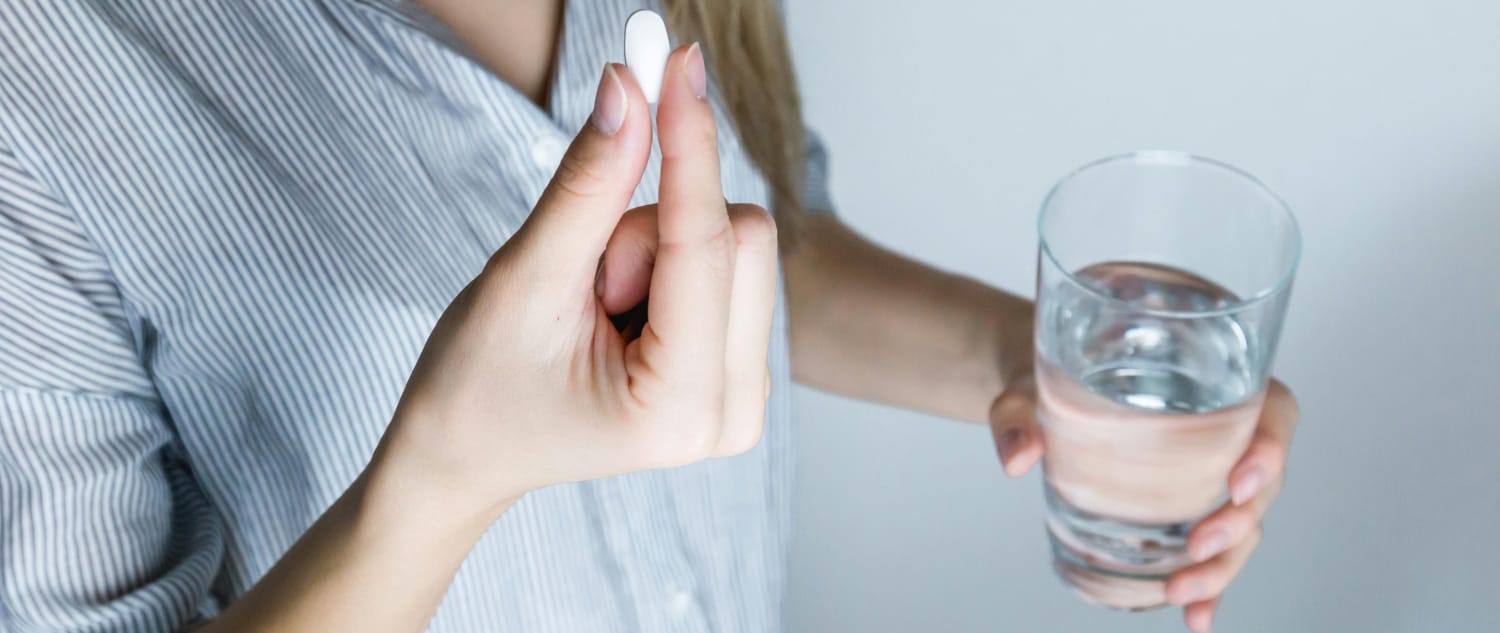Polysubstance abuse. It’s a clunky phrase, but it speaks to something many live through—using more than one substance. Or more accurately, a physical dependence on more than one substance. As if one wasn’t enough. Adding another is like adding a deadly habit to another one. Maybe it’s alcohol and opioids. Maybe stimulants and sedatives.
It doesn’t follow a neat pattern or play by any rules. And it can be hard to treat. But not impossible.
If this is where you find yourself—or someone you love—you don’t have to stay here. There’s a way through, and outpatient treatment for polysubstance abuse can help.
What Is Outpatient Treatment for Polysubstance Abuse?
Polysubstance abuse is about using multiple substances, sometimes together, sometimes one after another. It might start with looking for a better high or trying to dull the sharp edges of something unbearable. It can grow out of experiments that get out of hand or out of desperation when one substance stops being enough.
The reasons are as layered as people’s lives:
- Experimentation: Maybe it begins casually, a dabble here, a mix there, until control is lost.
- Self-medication: Stacking substances to quiet anxiety, manage pain, or numb the world.
- Dependence: One drug stops working, so another steps in, amplifying the high—and the risks.
And no, it doesn’t always mean someone is addicted to all the substances they’re using. Sometimes, one is the star, and the others just support the chaos.
What Polysubstance Abuse Looks Like
Polysubstance abuse doesn’t look the same for everyone, which is part of what makes it so elusive and dangerous. But certain patterns emerge. Physically, it can swing wildly—drowsiness followed by bursts of hyperactivity or an erratic heartbeat. Emotionally, it can feel like being caught in a storm: euphoria one moment, despair the next.
The choices made under the influence can spiral into recklessness: mixing prescriptions without a second thought, driving when you shouldn’t, and saying or doing things you swore you never would. Over time, responsibilities begin to unravel. Work or school gets harder to keep up with. Relationships strain because of the broken promises and your shame.
And your body takes a beating in this reality. The interactions between substances can be catastrophic. A dangerous mix might slow breathing to the point of stopping altogether. Organs begin to struggle, overworked and lacking the help to continue. There may be warning signs that your body is going through too much, but they are easy to miss until they become full-blown emergencies.
Why Outpatient for Polysubstance Abuse Is Different
This isn’t something you can slap a quick fix on. Every case of polysubstance abuse is unique, a combination of physical and psychological issues that have to be worked through.
Detox is often more intense, with unpredictable withdrawal symptoms as substances clash and leave the system. The mental health challenges are often deeper, too—anxiety, depression, and trauma that run alongside the addiction in dual-diagnosis situations.
And then there’s the why. Why use one substance for energy and another to take the edge off? Why keep reaching for what hurts? A treatment plan has to address those questions while addressing the whole person, not just the substances or the cravings.
How Outpatient Treatment Helps
Outpatient treatment for polysubstance abuse can be the perfect fit for some people. It meets you where you are—letting you keep hold of some parts of daily life, like family or work while providing the care and structure needed to recover. Here’s why it works:
- Medical Oversight: A team to safely manage withdrawal and ensure nothing slips through the cracks.
- Therapeutic Support: Individual and group therapy should look honestly at the why and build tools for the how.
- Flexibility: The chance to heal while staying connected to the rhythms of your life.
- Skill Building: Practical, personalized strategies for avoiding relapse and finding steadiness again.
Moving Toward Healing
It’s not simple. Recovery never is. And polysubstance abuse adds layers of difficulty, like untangling knotted threads. But no matter how impossible it feels, it’s not. Outpatient treatment for polysubstance abuse offers the space and support to begin pulling at those knots one by one. And, one day at a time, healing comes.
If you’re ready to start—or even just to learn more—reach out. There’s no shame in needing help, and there’s no better time than now. If you have questions about outpatient treatment for polysubstance abuse, call Peninsula Health Center in Palos Verdes today: 866-934-8228.






